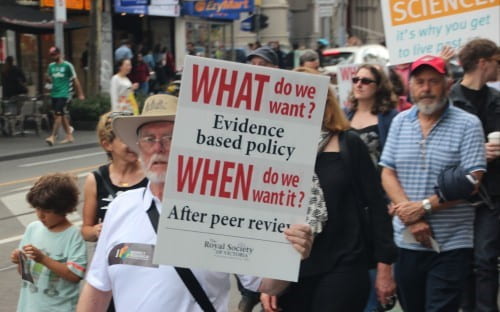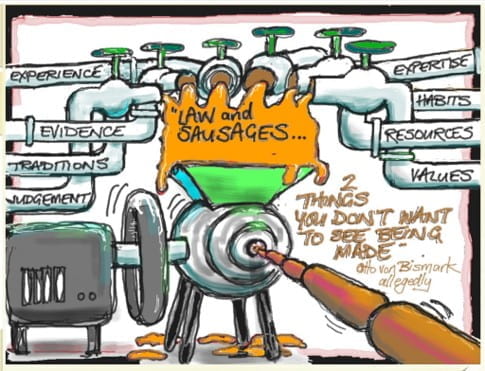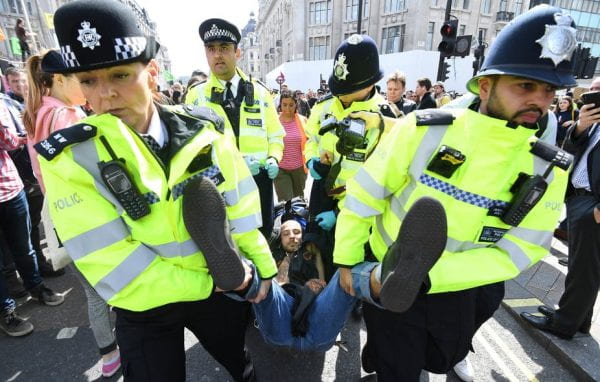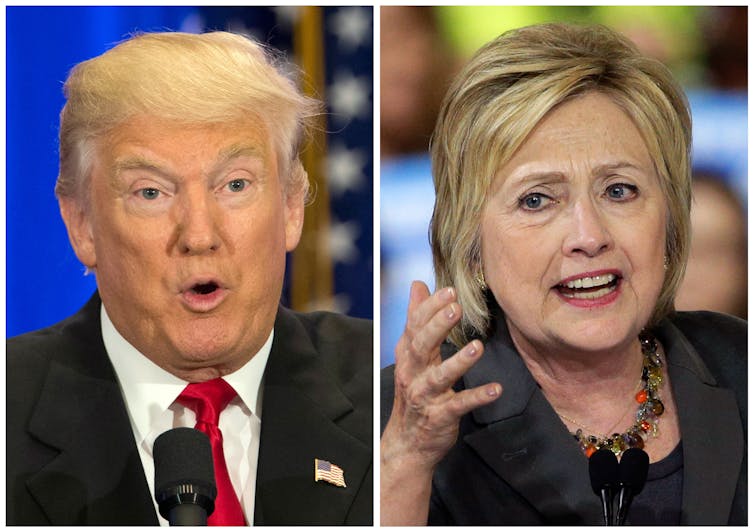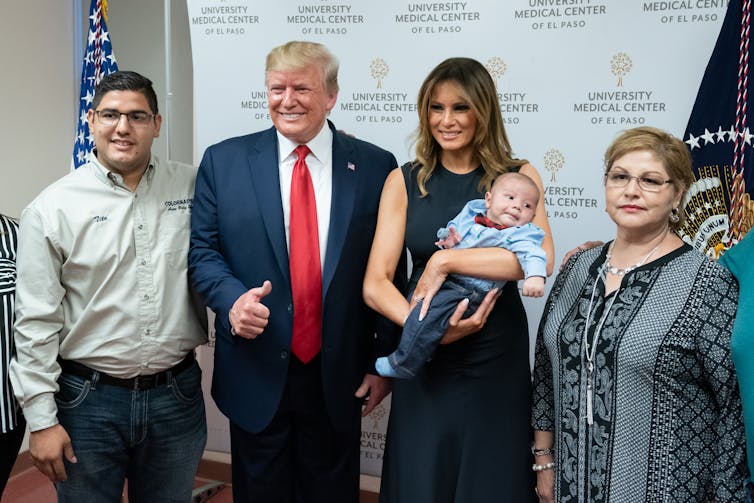
The White House
Stephan Lewandowsky, University of Bristol
President Donald Trump’s statement on the horrific mass shooting in El Paso on August 3 that killed 22 people and injured 24 covered a lot of ground. From video games and mental illness to the death penalty, the president drew attention to many variables – but not to the semi-automatic guns that are often used in mass shootings. Instead, he claimed that “mental illness and hatred pulls the trigger, not the gun”. Continue reading

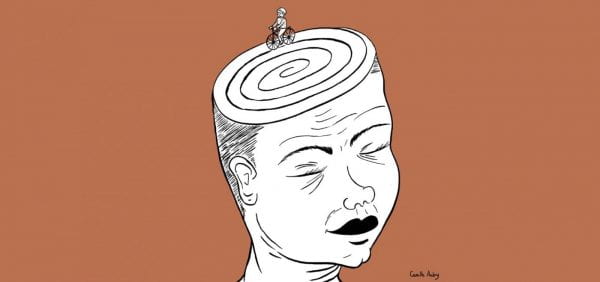
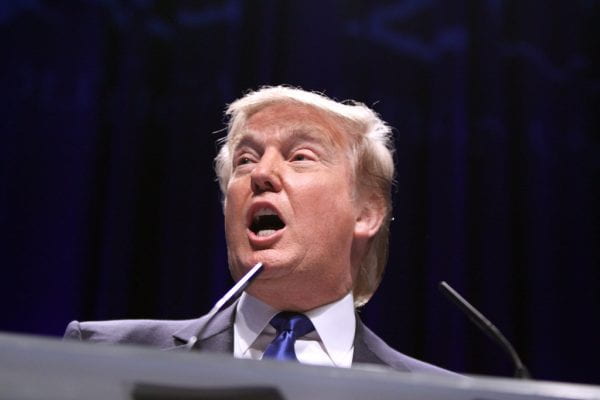
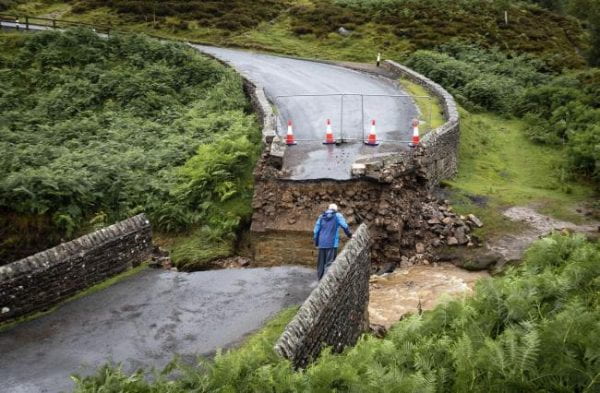 The damaged bridge near Grinton. July 2019 Picture: Danny Lawson/ PA
The damaged bridge near Grinton. July 2019 Picture: Danny Lawson/ PA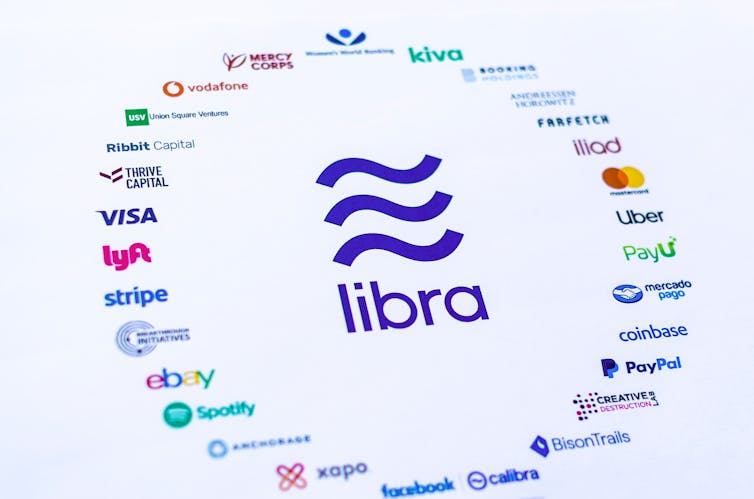
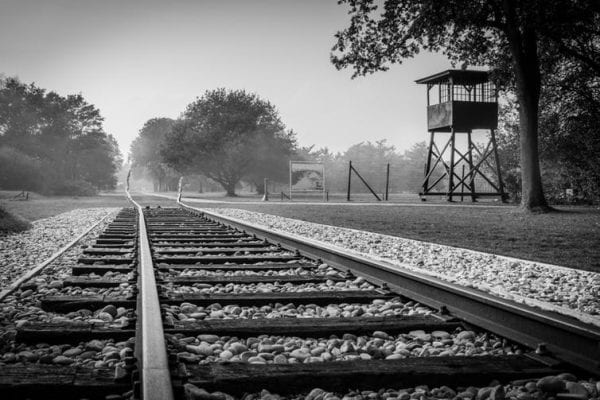 Kamp Westerbork.
Kamp Westerbork.